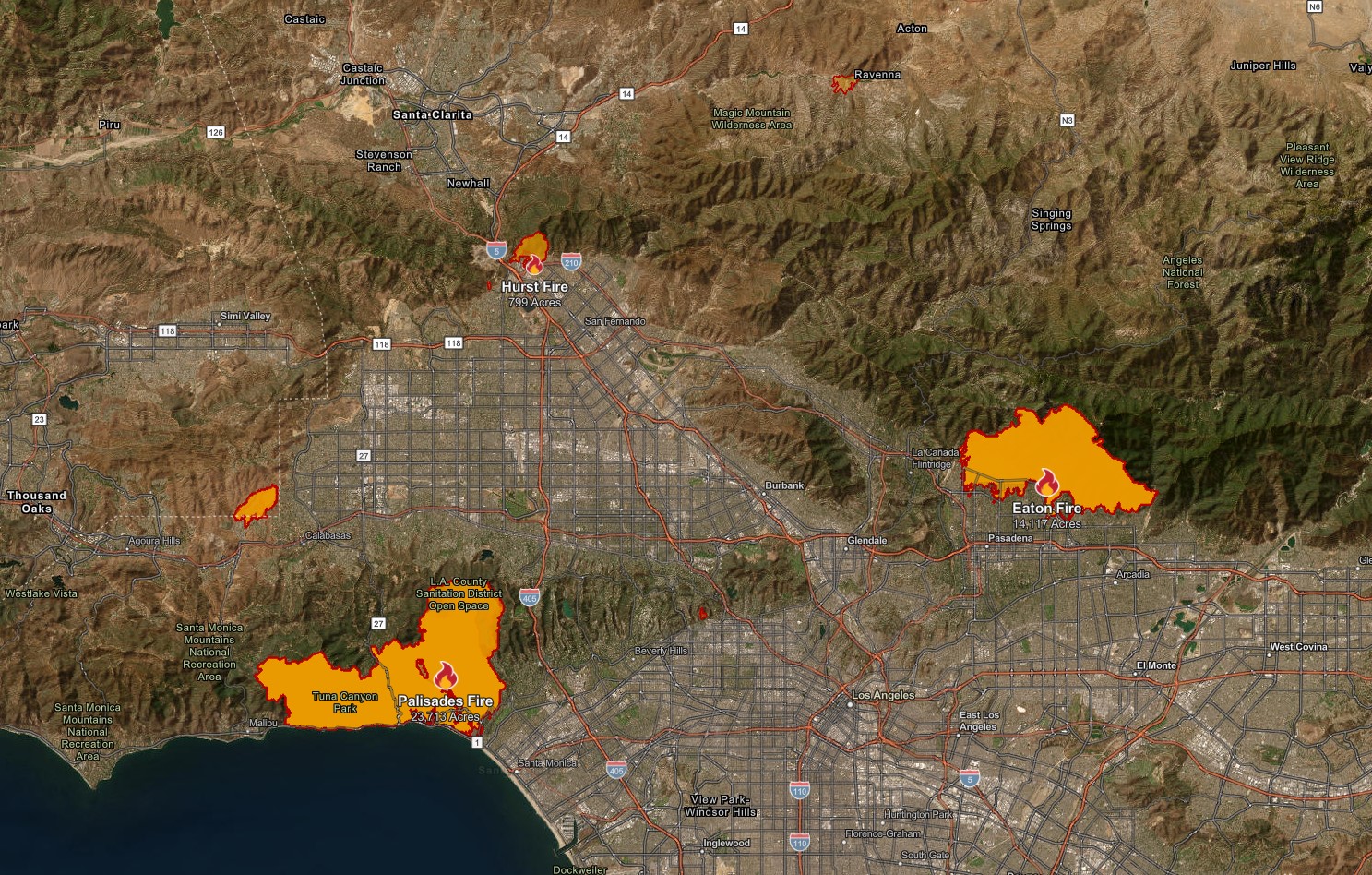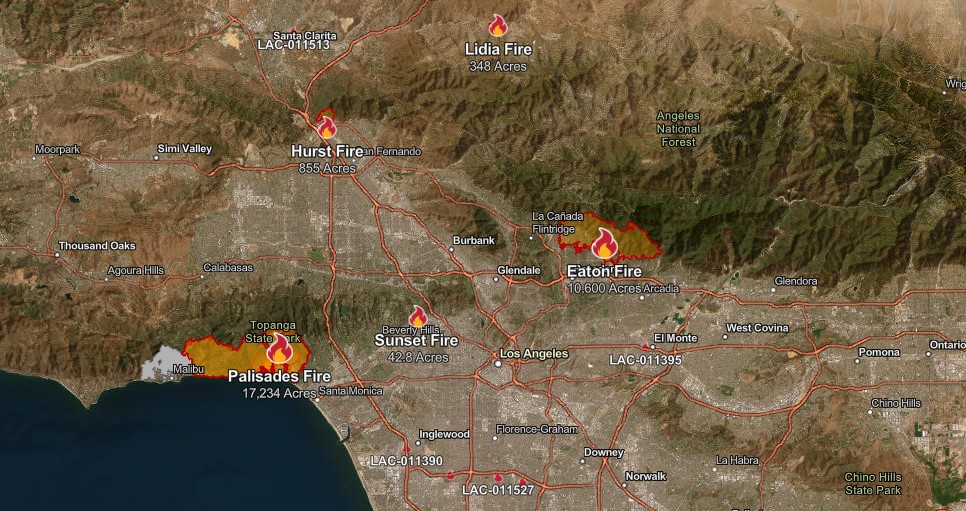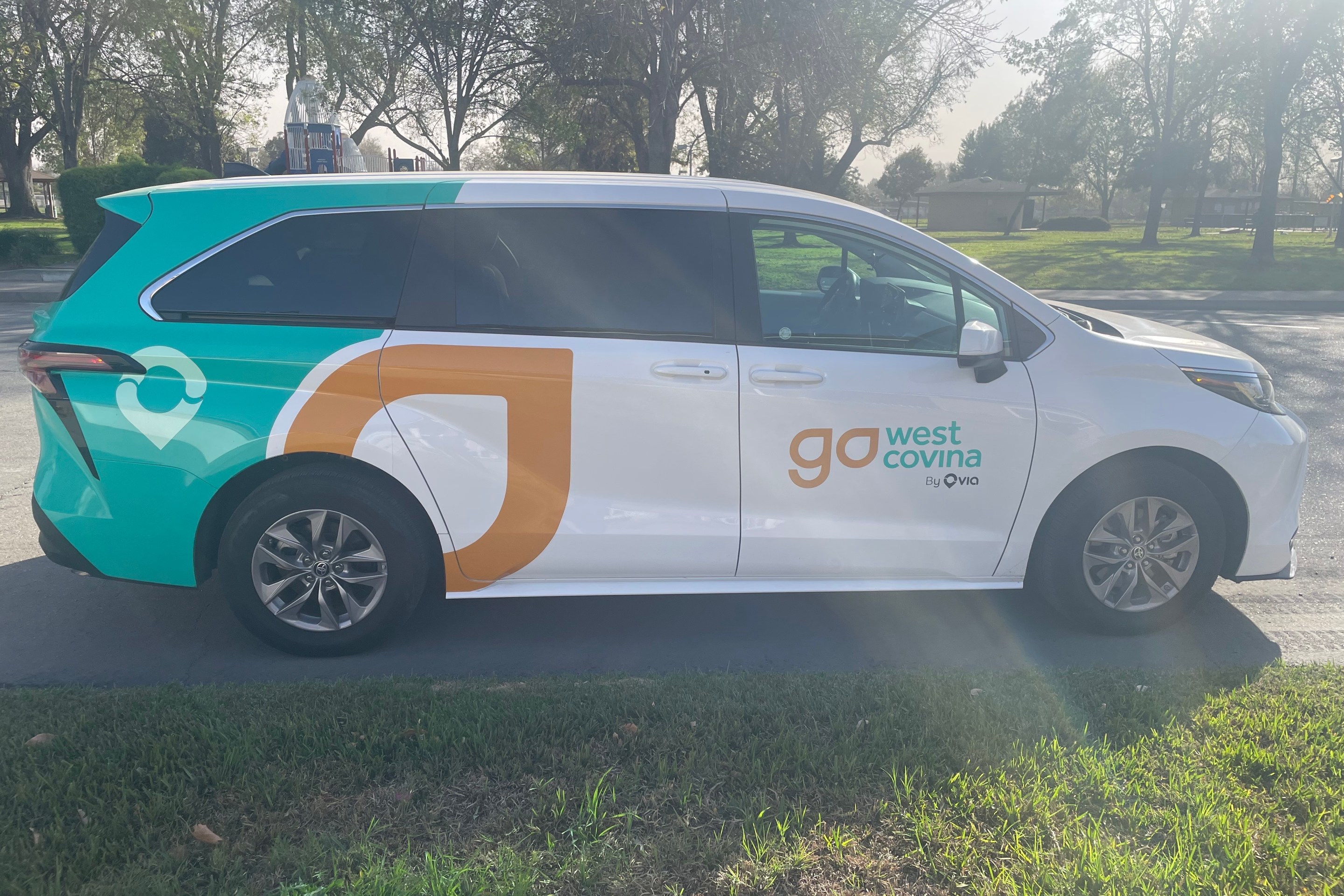Last week, we asked you to write questions for Navin Narang, an executive with First Pacific Holdings, the company that owns Bike Nation. Bike Nation is the company that will bring 4,000 bikes and 400 kiosks for Los Angeles' first official bike sharing system over the next eighteen months. Barring any changes, L.A.'s collaboration with Bike Nation will be the second largest bike share system in the country, trailing only the mammoth system coming to New York this year.
Streetsblog readers asked some complicated questions and a couple of members of the Bike Nation team helped draft the answers. So with a thank you to Jeff Pomeroy, Ethan Fiamingo, Navin Narang, Brad Barlow, and Derek Fretheim, we present Bike Nation's answers to your questionnaire.
1.Will Bike Nation make real-time system data available to the public and developers as Alta Bicycle Share has done in the markets they serve? This enables third-party applications that enhance user experience. It also has created a high quality dataset available for bicycle planning in those cities.
Bike Nation is the only bike sharing system in the world that uses Active Real Time GPS on our Bikes and Kiosks, which allows the user to get real-time live information on multiple devices and on their member profile online. Bike Nation will be open to data sharing as long as the applications being developed by outside entities don’t duplicate Bike Nation’s efforts, confuse the general public or breach confidential Membership information.
2. Existing bike share applications have found lower than expected use among college students and lower income individuals. Will Bike Nation work with Universities to subsidize memberships for students, and with community foundations and organizations to subsidize or administer outreach programs to lower income individuals? Is there other plans to work with universities to make certain locations are available for students to utilize bike share on campus?
Along with providing discounted student rates, we are currently working with several of the larger Universities in Southern California to implement a Bike Sharing system on campuses that connects with the public system, which would be subsidized through the Universities. We are also working with Multiple Transit Authorities in Southern California to tie into their low-income programs, allowing the same types of benefits currently extended to them by the Transit Authority on other public transit on our Bike Sharing Program.
We also plan to have discussions with the Department of Social Services about how economically disadvantaged individuals can receive discounts or access through their transportation allowance, so Bike Nation is conscious about how we can provide service, but nothing has been formalized yet.
3. Metro has been facilitating discussions among several cities interested in bike share (Santa Monica and Long Beach at least) to ensure regional compatibility. Has Bike Nation participated in these discussions?
We have participated in Metro’s Bicycle Roundtable, which focuses on policy, funding, infrastructure, safety and other bike-related matters, and speaking with Metro and these municipalities directly for over two years. We are very confident that these cities and other cities in the Southern California area will be part of the Bike Nation network.
4. LA's first car-share service was acquired by a competitor which subsequently decided to pull out of many locations. Car share and bike share can cause households to make adjustments to living locations, commuting behavior, and number of vehicles available. What guarantee can Bike Nation offer to maintain the system beyond the initial roll-out?
Many major cities that have implemented Bike Sharing programs have done so with heavy reliance on Government Funding for the purchase of the equipment, maintenance, and operations, which can be limiting and curtail growth. Our system is privately funded and independently monetized allowing us to have immediate saturation/connectivity, like the systems in Paris and London. Bike Nation is committed to spending $16 million for the initial launch and is also committed for a minimum of 10 years, with a plan to expand the system beyond the 400 kiosks and 4,000 bikes should we attain the level of success we anticipate.
5. Will there be contractually-mandated performance standards, such as percentage of bikes, slots, & stations meeting a minimum working condition?
Bike Nation is the only Bike Sharing company that has an active load balancing operation platform that ensures that there will be a bike available when needed and an open dock when needed, through our mobile maintenance team and active GPS real time load balancing alerts. Our Mobile Team will also ensure that the quality and appearance of the Kiosks and Bikes meet our high standards for customer satisfaction.
6. In addition to Bike Nation, First Pacific Holdings owns Media Nation, a creative services agency, and Media Nation Outdoor, which manages outdoor advertising campaigns. Clear Channel, also an advertising firm, created Washington DC's original Smart Bike system. When planners in DC wanted to expand this system beyond the original stations, Clear Channel informed them that they already had enough of a presence in the city and declined. The City then worked with an established transportation services vendor, Alta, to implement and manage the Bixi-based Capital Bikeshare system, which is currently the most successful system in the U.S. What assurances can the citizens of Los Angeles have that some hubs will be placed in locations with high transportation needs in addition to locations with high media impression value.
Bike Nation sees the bike share system as part of the community’s transportation fabric, so we view station locations connected to transportation hubs as key to developing a successful system. Bike Nation is the only Bike Sharing company that manufacturers and manages its systems, allowing us to ensure that the user experience in every market is at the highest level and dictates the success of the system as a whole.
7. How does Bike Nation propose to work with the city to expand sidewalk widths in order to accommodate stations? In many of these dense areas, the sidewalk widths are already congested with pedestrians and if the stations are added without expanding widths, it only further deteriorates the pedestrian environment.
We are working with a prominent urban planning firm, as well as a variety of city departments, and Bicycle Advocacy Groups, to select locations that will allow pedestrian access to the Bike Share locations with limited impact to pedestrian traffic. We plan to have additional productive conversations with all to ensure a well-coordinated connected network of biker-friendly streets for our customers.
8. How does Bike Nation feel about the current state of bike infrastructure and what improvements will be in place by the time the system launches? We are huge supporters of expanding Bike infrastructure in every municipality.
Understanding that most cities in the United States need desperately to expand their bike infrastructure we are optimistic, from what the city has indicated to us, that Los Angeles is committed to improving in this area. Our hope is that the success of our Bike Sharing program will encourage the municipality to further expand in the years to come. In addition we plan to make donations to various advocacy groups that support this expansion.
9. What kind of bikes are you planning on using? Where are the bikes coming from? Have you considered shopping from local bike shops?
Bike Nation manufacturers its own specialized bikes that feature a fair amount of proprietary technology, all of which are built in the United States. It’s part of our effort to increase manufacturing jobs and maintaining Buy American compliance. We will look to local bike shops for helmets and other items.
10. Does Bike Nation anticipate attempting to turn a profit on the system? This recent articlehttp://articles.chicagotribune... shows that most systems don't typically do this and instead focus on the other benefits a system brings to a city so it's important to know how comfortable they are at running at a deficit for a while and whether they plan to break even or turn a profit.
Bike Nation’s investment is a long term venture that, as a privately funded Bike Share Program differs drastically from those that are government funded. We plan on the system being profitable, which is why we invested so heavily in Los Angeles. We have built in the needed capital to expand and operate this system for quite some time without this occurring, but think the economic climate is right for bike sharing in Los Angeles and see the investment making sense, so, yes, we plan on the system being profitable.
11. Will Bike Nation be hosting a public input like the NYCDOT Bike Share Map where "Anyone can drop a pin on the map, suggest a bike share location and explain their choice." ? seehttp://openplans.org/projects/... You can look at the data empirically, but this disregards the interests of people and this should also be a factor into the site selection analysis.
Yes, within the next few months the public will be able to log-on and engage with us via our website, www.bikenationusa.com, or through our social media platforms (@BikeNationUSA, http://www.facebook.com/pages/Bike-Nation/157132701016374) and post suggested locations. This data will be used in the selection process.





